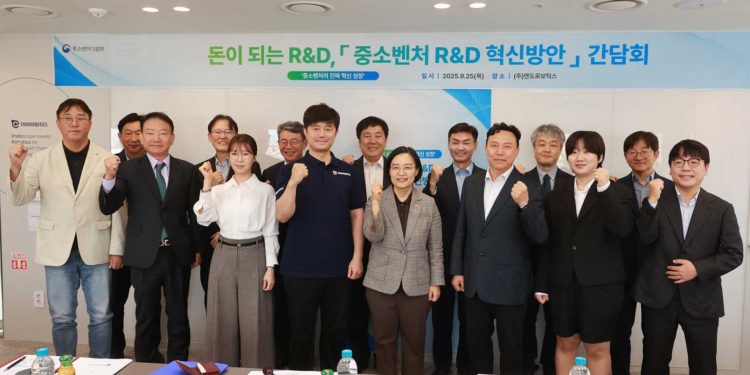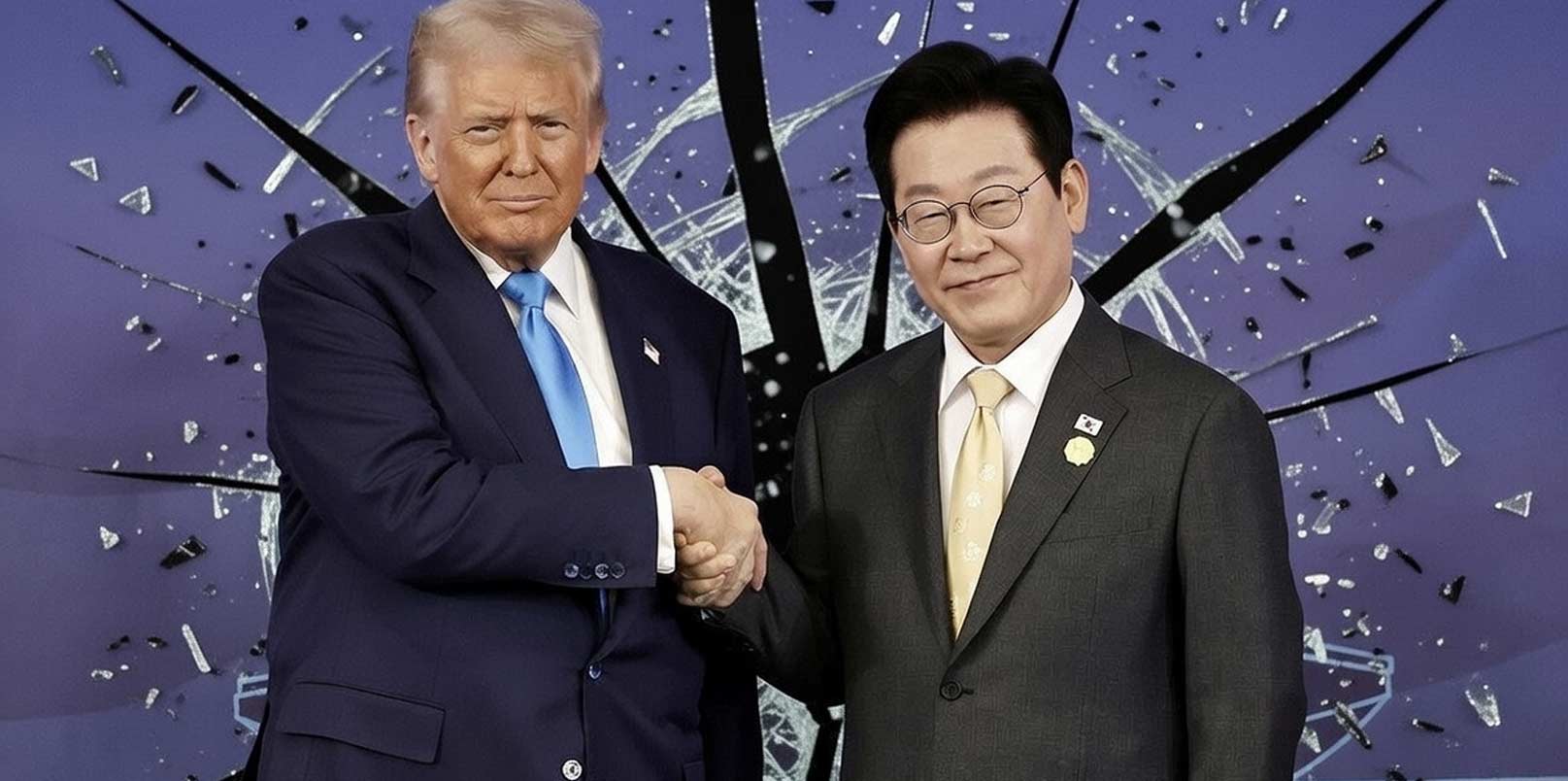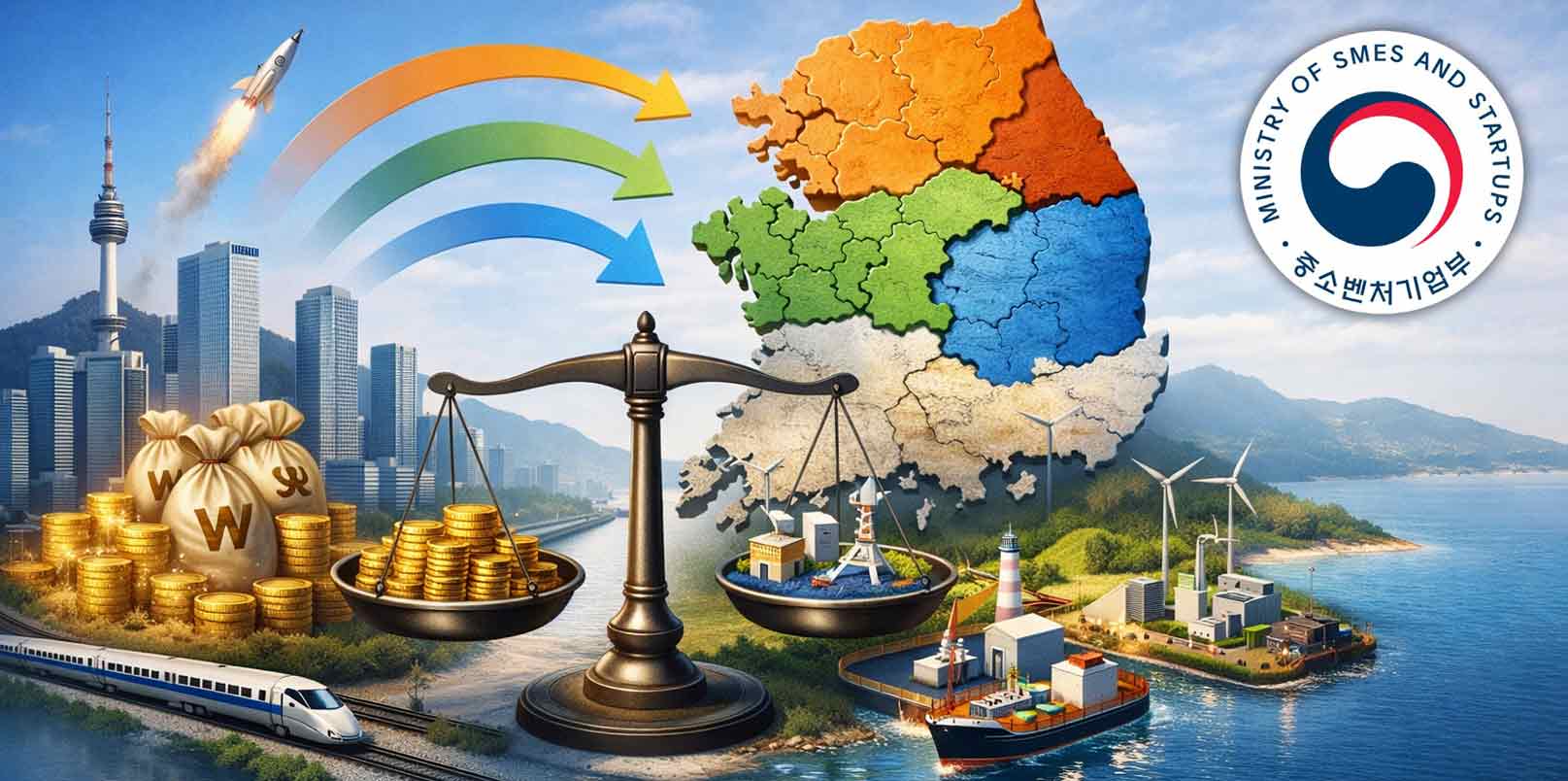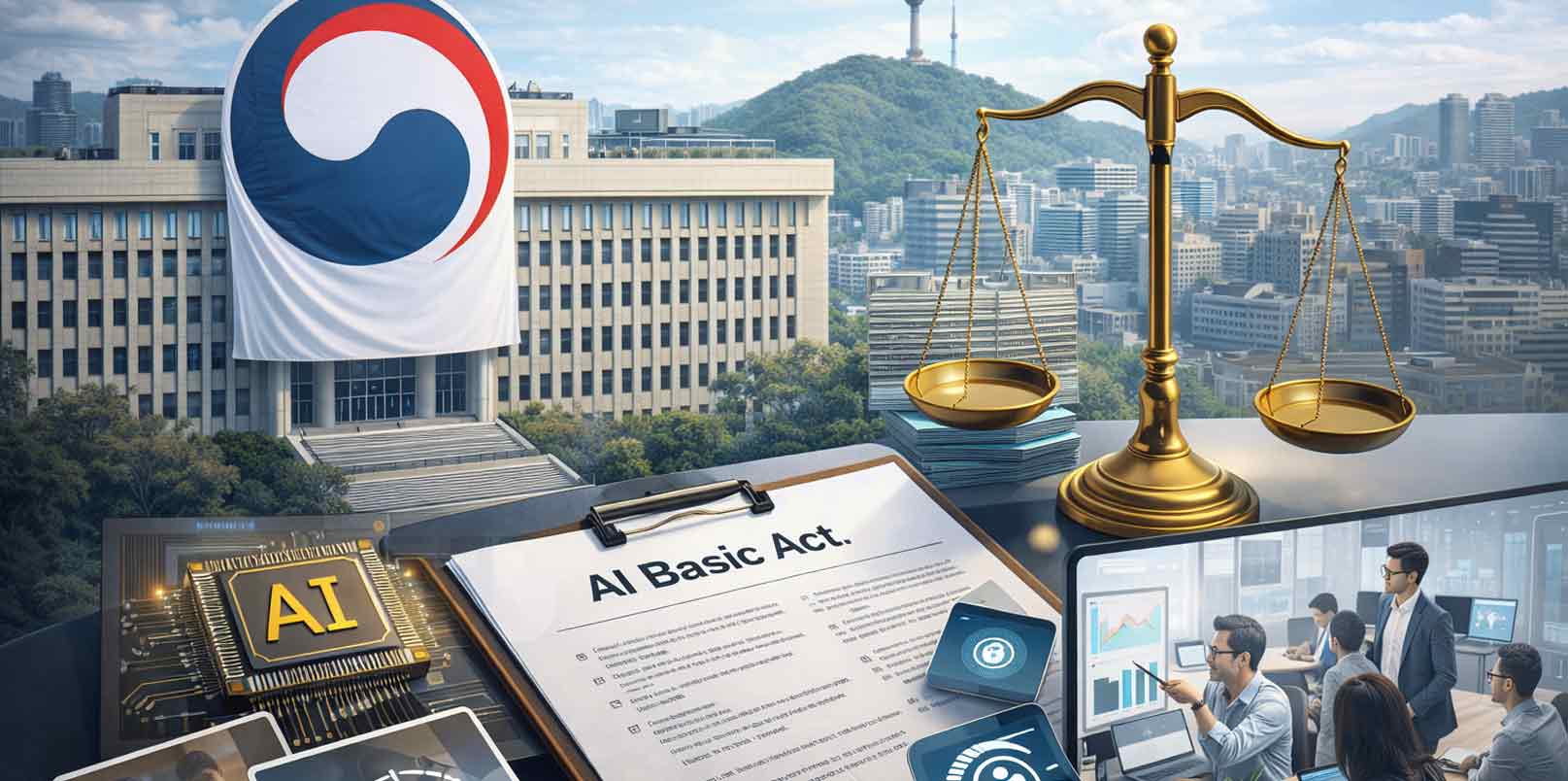South Korea is raising the stakes in its innovation strategy, directing record funds toward startups and SMEs at a time when global competition for deep tech, AI, and scale-up capital is intensifying. Beyond the figures, this SME R&D budget expansion move reflects a crucial pivot in policy. It anchors R&D to real commercialization outcomes and positions Korea as a credible hub for global founders and investors navigating Asia’s venture landscape.
Korea Announces Record SME R&D Budget
A record budget of ₩2.2 trillion ($1.6 billion) will be allocated to SME and startup research and development (R&D) in 2026, the largest amount in history.
The Ministry of SMEs and Startups (MSS) unveiled the plan at Endorobotics in Seoul on September 25, presenting it as a shift toward “R&D that makes money” — prioritizing market outcomes and business viability rather than patents or academic achievements.
Minister Han Seong-sook emphasized that the record budget is designed not only to recover from last year’s R&D cuts under the Yoon administration but also to restructure support so that innovation translates into commercialization and global competitiveness.
A New SME R&D Innovation Plan
In 2024, Korea’s national R&D budgets were cut by more than ₩5 trillion, disrupting projects and eroding confidence among founders and researchers. Nearly 300 projects were halted, generating more than ₩70 billion in sunk costs.
The new SME R&D Innovation Plan reflects an effort to restore credibility while addressing long-standing criticisms that government R&D had success rates above 90 percent on paper but limited commercialization. The reform shifts the focus toward technologies that can generate revenue, attract investment, and scale internationally.
What the 2026 SME R&D Budget Covers
TIPS R&D Expansion
The largest share of the budget goes to TIPS-linked R&D, with ₩1.1064 trillion allocated — a 72.6% increase from last year. Under this model, government funding follows private VC investment, creating a co-funding system that spans the full growth cycle from seed stage through scale-up and global expansion. Scale-up TIPS will nearly double in scope, supporting 300 new projects next year. A newly launched Global TIPS track will offer up to ₩6 billion per project over four years to help startups enter overseas markets..
Deep Tech Challenge Project (DCP)
To strengthen frontier industries, the Deep Tech Challenge Project will provide as much as ₩20 billion per project. Priority areas include artificial intelligence, biotechnology, energy, space, and advanced manufacturing — sectors where patient capital and long-term investment are critical for competitiveness.
Korean STTR Program
MSS will also launch a Korean version of the U.S. Small Business Technology Transfer (STTR) program, designed to connect university and public research with SME commercialization. The scheme will follow a three-step process: technology and market validation, two years of R&D with up to ₩1 billion per year, and tailored follow-up support for successful commercialization.
Sector-Specific Tracks
Dedicated tracks will target industries viewed as strategically important. The budget includes ₩96.9 billion for regional industries, ₩45 billion to expand AI adoption among SMEs, and ₩11.8 billion to foster collaborative R&D between biotech startups and pharmaceutical companies.
Administrative Reforms
MSS also plans to reduce administrative burdens. Paperwork requirements for applications will be cut from 12 forms to 4, while chatbots and AI tools will be introduced to guide companies through the process. The pool of expert reviewers will expand to 30,000, and reverse evaluation — where companies assess reviewers — will be broadened to improve accountability and transparency.
How Founders and Investors View the New R&D Plan
Stakeholders largely welcomed the record budget, highlighting the expansion of TIPS-linked R&D as the most significant shift. Han Sang-woo, chair of the Korea Startup Forum (KOSPO), described the initiative as “hugely promising,” noting that it would stimulate team building and momentum across the startup ecosystem.
Park Moon-su, CEO of Enlight Ventures, also praised the scale of government commitment,
“It is encouraging to see over ₩1 trillion allocated to investor-linked R&D. This will drive private venture capital forward.”
Other voices stressed areas that require refinement. Kim Byung-gon, CEO of Endorobotics, argued that Global TIPS should not be restricted to overseas VC participation, suggesting that direct investments from foreign corporates also be recognized.
Concerns were also raised about inclusivity and commercialization. Lee Si-yeon, CEO of Wonjin Metal, pointed out that R&D support remains heavily startup-centric, leaving root industries dependent on imported raw materials.
Meanwhile, Kim Jae-hyun, VP of Bitsensing, cautioned that high R&D success rates mask weak commercialization, emphasizing the need for stronger follow-up support after technology development.
New SME R&D Budget Plan: Strengthening Korea’s Role in the Asia-Pacific Venture Landscape
The pivot to market-driven R&D reflects Korea’s broader strategy to sustain its startup momentum and build global competitiveness in deep tech, AI, and other frontier industries. By anchoring public funds to private investment through TIPS, the government is signaling that commercialization and scalability are the true metrics of innovation.
For international founders, the shift provides a clearer path: Korea is not only offering grants but building an ecosystem where government-backed patient capital is tied to real market performance. This creates stronger conditions for cross-border co-investment, technology transfer, and global scale-ups that use Korea as an entry hub into Asia-Pacific markets.
Can the New Policy Translate into Global Competitiveness?
With the largest SME R&D budget in history, Korea is repositioning its innovation policy. By shifting emphasis from patents to products, and from academic milestones to market outcomes, the government is addressing structural weaknesses in its venture system.
The challenge now lies in execution. If commercialization pathways succeed, the 2026 budget will not only restore trust at home but also reinforce Korea’s reputation as a venture capital hub in Asia.
In the end, this strategic move sends a crucial message for global founders and investors that South Korea is now investing more in the infrastructure of innovation. And those who align with this shift will find stronger opportunities to grow.
– Stay Ahead in Korea’s Startup Scene –
Get real-time insights, funding updates, and policy shifts shaping Korea’s innovation ecosystem.
➡️ Follow KoreaTechDesk on LinkedIn, X (Twitter), Threads, Bluesky, Telegram, Facebook, and WhatsApp Channel.






